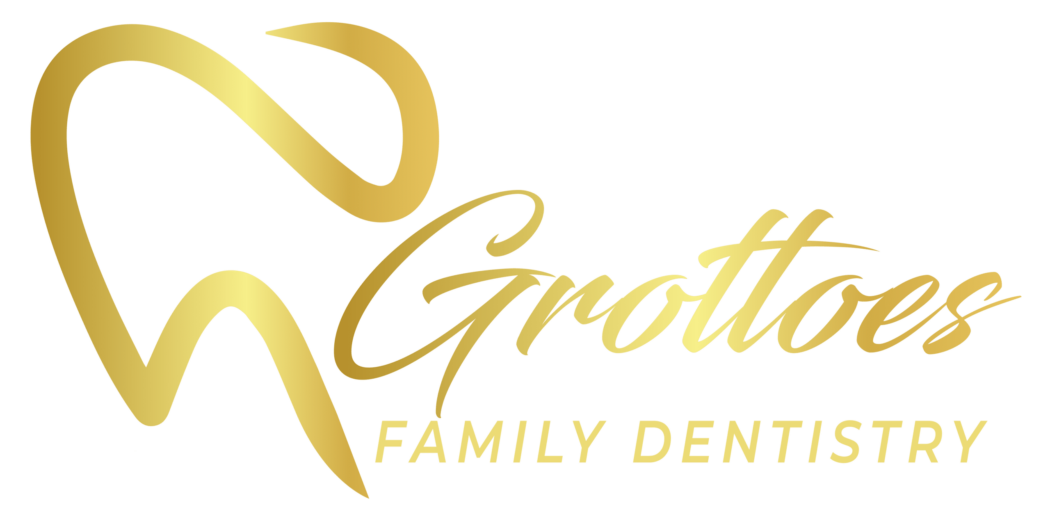
Maintaining a healthy smile goes beyond brushing and flossing—it starts with what you eat. Your diet and nutrition play a crucial role in your dental health, influencing everything from cavity prevention to gum strength. At Grottoes Family Dentistry, we believe in educating our patients about how the right dietary choices can support a strong, beautiful smile for years to come.
The Link Between Diet and Dental Health
Your mouth is the gateway to your body, and everything you eat has an impact on your oral health. Some foods strengthen and protect your teeth, while others contribute to decay, erosion, and gum disease. Understanding how different foods interact with your oral environment can help you make better dietary choices for a healthier smile.
A well-balanced diet rich in essential nutrients can:
- Strengthen tooth enamel
- Prevent cavities and gum disease
- Reduce plaque buildup
- Maintain fresh breath
On the flip side, a diet high in sugars and acids can erode enamel, create an ideal breeding ground for bacteria, and lead to long-term oral health problems.
The Best Foods for Your Teeth
Dairy Products: Calcium for Strong Enamel
Dairy products like milk, cheese, and yogurt are packed with calcium and phosphorus, which help strengthen tooth enamel. Cheese, in particular, has been shown to neutralize acids in the mouth, reducing the risk of cavities and tooth decay.
Crunchy Fruits and Vegetables: Nature’s Toothbrush
Crisp fruits and vegetables like apples, carrots, and celery naturally clean your teeth as you chew. They help to remove plaque, stimulate saliva production, and provide essential vitamins that keep your gums healthy.
Leafy Greens: A Nutrient Powerhouse
Spinach, kale, and other leafy greens are loaded with vitamins and minerals, including calcium and folic acid. These nutrients contribute to strong teeth and help protect against gum disease.
Nuts and Seeds: Enamel Strengtheners
Almonds, cashews, and sesame seeds are rich in calcium and phosphorus, both of which help strengthen enamel and protect against tooth decay. Their crunchiness also stimulates the flow of saliva, helping to wash away leftover food particles and bacteria.
Lean Proteins: Building Blocks for Oral Health
Chicken, turkey, fish, and eggs provide phosphorus, which works alongside calcium to maintain strong teeth and bones. Omega-3 fatty acids found in fish like salmon also reduce tissue inflammation, which is beneficial for gum health.
Water: The Ultimate Dental Health Beverage
Water helps wash away food particles, neutralizes acids, and keeps your mouth hydrated. Fluoridated water is especially beneficial, as fluoride strengthens tooth enamel and prevents cavities.
Foods That Harm Your Teeth
Sugary Foods and Drinks: The Cavity Culprits
Sugar is one of the biggest threats to both your oral and overall health. When bacteria in the mouth break down sugar, they produce acids that attack your enamel, leading to tooth decay and cavities. Common culprits include:
- Candy (especially sticky or chewy varieties)
- Soda and fruit juices
- Pastries, cookies, and cakes
- Sweetened coffee and tea
Acidic Foods and Beverages: Enamel Eroders
Acidic foods and drinks can weaken enamel over time, increasing tooth sensitivity and making them susceptible to decay. Some of the most damaging include:
- Citrus fruits (lemons, oranges, and grapefruits)
- Vinegar-based foods like pickles
- Tomato-based products (sauces, ketchup)
- Carbonated drinks, including sparkling water
If you consume these foods, it’s best to rinse your mouth with water soon afterward and wait at least 30 minutes before brushing your teeth to avoid spreading the acids further.
Starchy Foods: Hidden Sugar Sources
Foods high in refined carbohydrates, such as white bread, chips, and pasta, can stick to the teeth and break down into sugars, feeding harmful bacteria. These foods contribute to plaque buildup and increase the risk of cavities.
Alcohol and Caffeinated Drinks: Dry Mouth Dangers
Alcohol and caffeine-based drinks like coffee and energy drinks can lead to dry mouth by reducing saliva production. Since saliva is essential for neutralizing acids and washing away leftover food particles, a lack of it can increase your risk of tooth decay and bad breath.
Tips for a Tooth-Friendly Diet

- Moderation is key – Limit sugary and acidic foods while focusing on nutrient-rich options.
- Drink plenty of water – Stay hydrated and rinse your mouth after meals and snacks.
- Snack wisely – Choose tooth-friendly snacks like cheese, nuts, and vegetables.
- Chew sugar-free gum – This can help stimulate saliva production and clean teeth between meals.
- Maintain good oral hygiene – Even with a great diet, brushing and flossing daily is essential.
A Healthy Diet, A Brighter Smile
At Grottoes Family Dentistry, Dr. Dylan Hall and our experienced team are committed to helping you achieve optimal oral health. If you’re due for a check-up or have concerns about your diet’s effect on your teeth, schedule an appointment today. Give us a call at (540-249-4242). Let’s work together to keep your smile healthy and bright!
